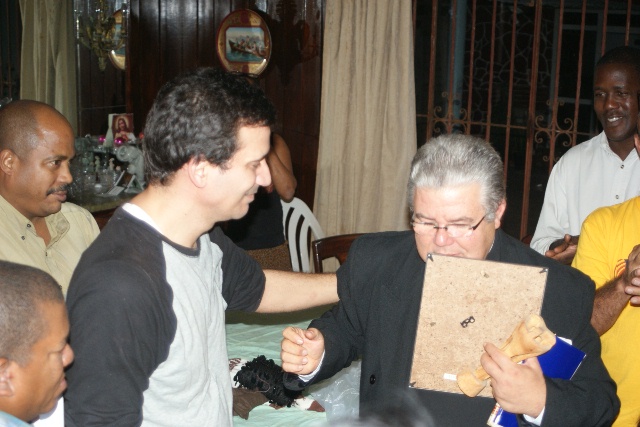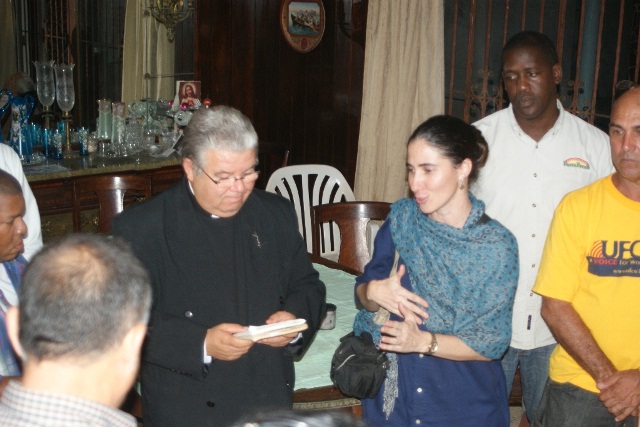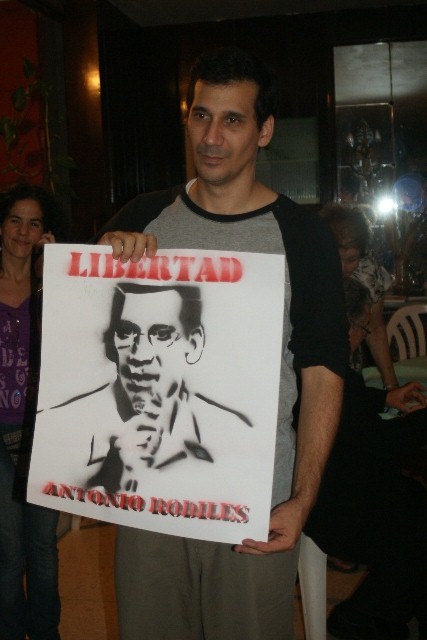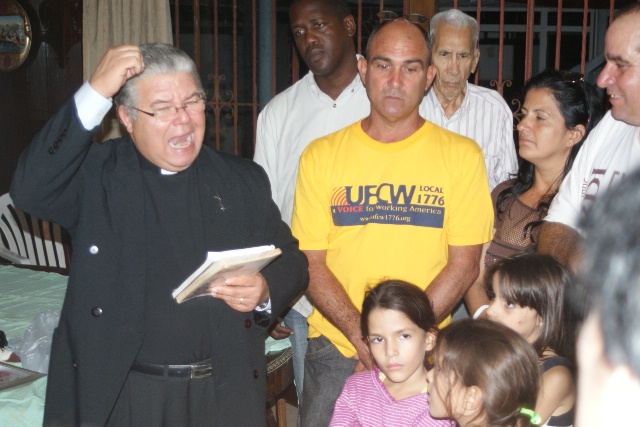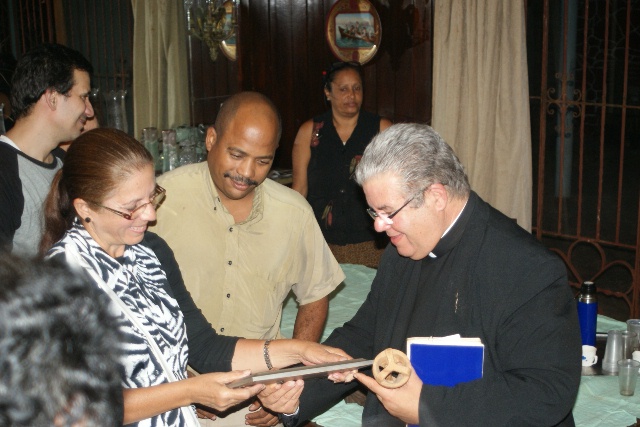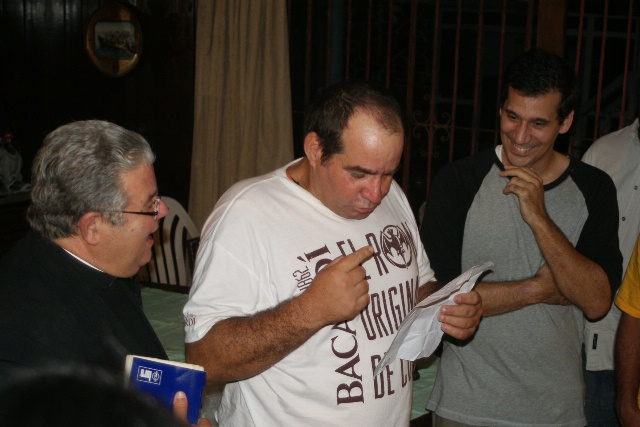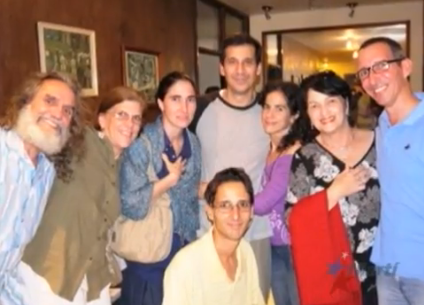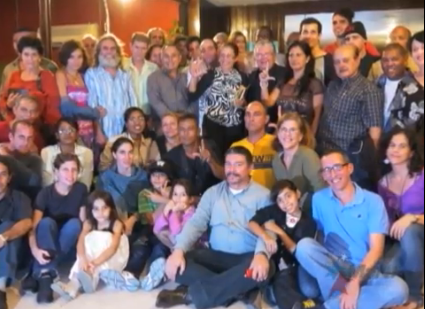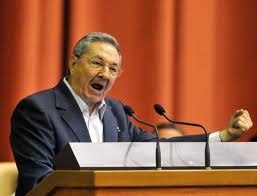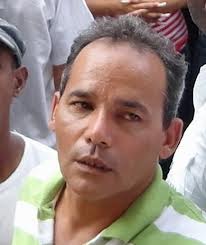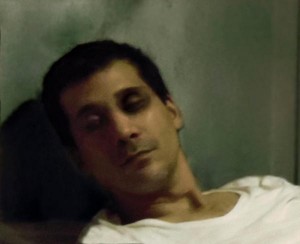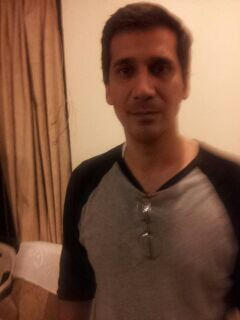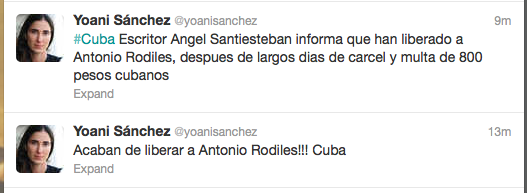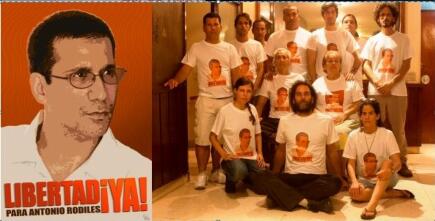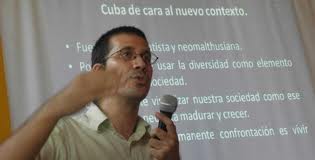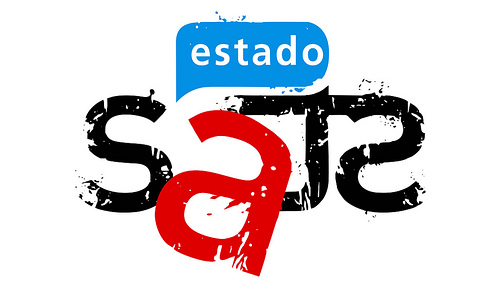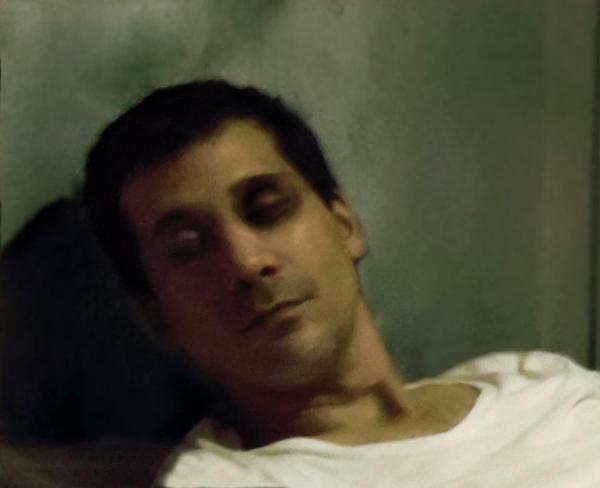The arbitrary arrest of the lawyer Yaremis Flores on November 7 was followed by two waves, one repressive, taken to the extreme by the regime against numerous activists of civil society, and the other, impressive and appreciated by us, of solidarity with the victims. Personally, what happened reaffirmed my vision of the fundamental challenge that we face as a country: the articulation of all of its parts in order to transition into a democracy in which the entire nation participates.
Visualizing and working in support of a transition towards democracy in the convoluted scenario in which we live is a process that implies, above all, political and intellectual maturity, honesty, and a high level of civic awareness. We need to understand that such dynamics would not involve just one axis, just one angle. It is impossible to imagine a transition that does not take into account Cubans in Cuba today who hold different points of view. And a transition without full participation of those Cubans outside the Island, who constitute an essential part of our nation, is also inconceivable. It is not possible to outline a transition without the workers, intellectuals, professionals and entrepreneurs both inside and outside the country.
To think that change in our country will happen magically, that in the blink of an eye we will generate a modern society, a state of rights, is too simple and deceitful a fantasy. We, the totalitarian regime’s opposition, have the duty and responsibility to show all segments of society the nature of the plural and inclusive country we are advocating and what we expect of democracy.
The strategy of the regime has always been the same. It has systematically tried to prevent by all possible means the growth of a civil society. Intimidation, repression, imprisonment, bleeding the country, generating mistrust within the opposition, creating internal conflict to undermine our work, “distracting” us so as to leave us little time to effectively advocate in society, is a strategy that has always borne fruit and should be dismantled now. We have to fix our ethics, our suppositions, our rhythm.
To responsibly work on a transition implies a true knowledge of the scenario confronting us in which are manifested the particularities of groups and individuals from a global perspective. To guarantee this range of interests and visions it is necessary they every Cuban enjoy his or her fundamental rights, thus the importance of the campaign “For Another Cuba” and our request for support from all Cubans and international public opinion.
Facing this peaceful citizen initiative, the government has responded by intensifying the repression and excessive use of violence, slamming the door on yet another civic proposal. Nevertheless, this violent scenario begins to profile factions in society; on the one hand there are those who, although inside the system, believe a prosperous nation is possible, one where political and ideological differences are part of everyday life, where respect and decency are paramount; on the other there is a rarefied segment, formed by mixed interests, cynicism, and low ethical morals, which tries, with its irresponsible and arrogant acts, to lead us down a bruised path at the hands of violence and brutality. It is time for Cubans to decide which side we are on, from which perspective we wish to advocate and act.
Translated by: Boston College CASA
December 5 2012

